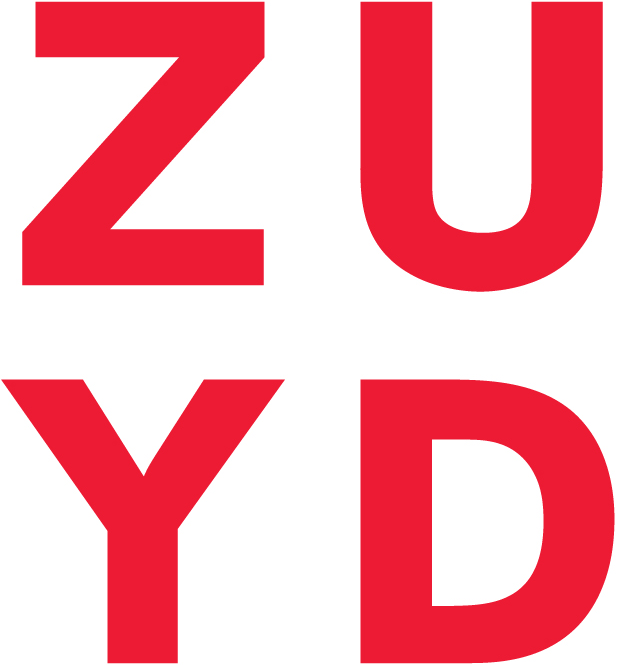Video
Using video for teaching
Video is increasingly being used by lecturers for teaching purposes. In addition to self-made or developed material, many existing materials in DVD or streaming video format are being used.
- Films or TV episodes can be shown for educational purposes without the permission of the copyright holder. However, the showing must be part of the study programme. The showing must also physically take place at the educational institution. A lecturer may show a video to the class during a lesson but a student is not permitted to view the video at home, even after logging in.
In certain cases it is possible to obtain permission from the copyright holder to upload the work as a streaming video in a protected environment (media.zuyd). Lecturers can submit a request to upload a video at Zuyd Library. - The right to quote makes it possible to record and show a fragment of a video or a complete short film. This does not have to take place in the classroom and students are allowed to view the video at home provided that it is only used for educational purposes in a protected environment where access is only possible through the use of a password (Moodle or media.zuyd). Attribution rights have to be displayed.
A special license can be arranged for the use of an increasing number of TV programmes and films in education. Zuyd Library has a licence for Beeld en Geluid op school (formerly Academia).
Video showings - at parties and other activities
For film showings, the showing of TV programmes at social evenings, or the display of TV images in the canteen, the university requires permission from the copyright holder. This is because the showing of the material is also for entertainment purposes. Videma represents the collective of film companies, TV producers, and broadcasters in this matter. Zuyd University of Applied Sciences is part of a special arrangement that was agreed upon between Videma and the Netherlands Association of Universities of Applied Sciences. This arrangement grants permission for the free use of TV programmes and films outside the educational setting.
